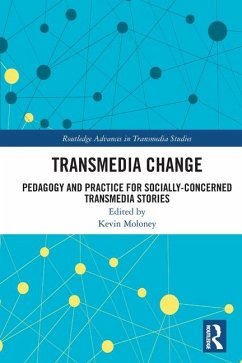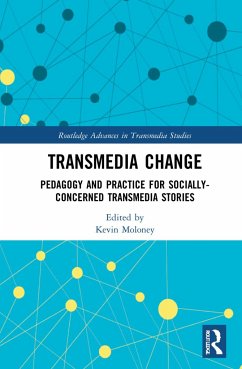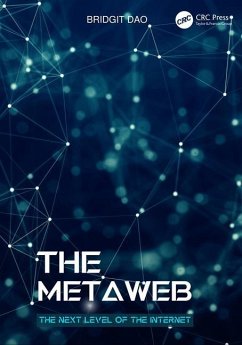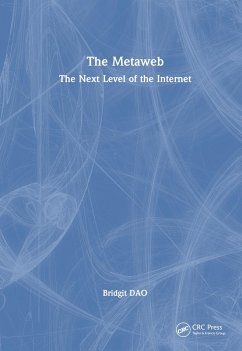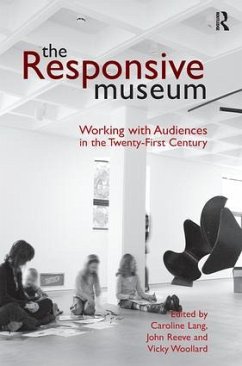
Usability of Complex Information Systems
Evaluation of User Interaction
Herausgegeben: Albers, Michael; Still, Brian
Versandkostenfrei!
Versandfertig in 6-10 Tagen
82,99 €
inkl. MwSt.

PAYBACK Punkte
41 °P sammeln!
Why do enterprise systems have complicated search pages, when Google has a single search box that works better? Why struggle with an expense reimbursement system that is not as easy as home accounting software? Although this seems like comparing apples to oranges, as information and communication technologies increasingly reach into every industry the demand for easy-to-use work tools continues to grow. An exploration of cutting-edge approaches for evaluating the usability of complex user interaction, Usability of Complex Information Systems: Evaluation of User Interaction focuses on improving...
Why do enterprise systems have complicated search pages, when Google has a single search box that works better? Why struggle with an expense reimbursement system that is not as easy as home accounting software? Although this seems like comparing apples to oranges, as information and communication technologies increasingly reach into every industry the demand for easy-to-use work tools continues to grow. An exploration of cutting-edge approaches for evaluating the usability of complex user interaction, Usability of Complex Information Systems: Evaluation of User Interaction focuses on improving design and communicating content to the end user.
The book continues the conversation about the evolution of usability, asking how we can design and evaluate these complex systems and the complex work they support. It describes and analyzes approaches to teaching, testing, analyzing, or managing usability studies-approaches that involve technical communicators making novel contributions to how we think about and evaluate increasingly complex systems. The book contains case studies on different types of complexity, including:
A complex work environment, requiring collaboration among different people or a goal sustained over time, and often in the face of distractions, interruptions, and planned pausesA complex information context, one with no single answer, where the data changes dynamically or where the best answer may rely on other aspects of a fluid environmentA complex technology, in which people use many different applications in their work and collaborationA complex topic, requiring advanced technical or domain knowledge
Even systems that seem simple are, in fact, complex. The shopping interface for an e-commerce system may not be complex, but the databases, business processes, and logistics behind it certainly are. The examination of different aspects of designing and examining complexity presented in this book brings you a step further in developing a deeper understanding of what it takes to make complex systems work.
The book continues the conversation about the evolution of usability, asking how we can design and evaluate these complex systems and the complex work they support. It describes and analyzes approaches to teaching, testing, analyzing, or managing usability studies-approaches that involve technical communicators making novel contributions to how we think about and evaluate increasingly complex systems. The book contains case studies on different types of complexity, including:
A complex work environment, requiring collaboration among different people or a goal sustained over time, and often in the face of distractions, interruptions, and planned pausesA complex information context, one with no single answer, where the data changes dynamically or where the best answer may rely on other aspects of a fluid environmentA complex technology, in which people use many different applications in their work and collaborationA complex topic, requiring advanced technical or domain knowledge
Even systems that seem simple are, in fact, complex. The shopping interface for an e-commerce system may not be complex, but the databases, business processes, and logistics behind it certainly are. The examination of different aspects of designing and examining complexity presented in this book brings you a step further in developing a deeper understanding of what it takes to make complex systems work.







